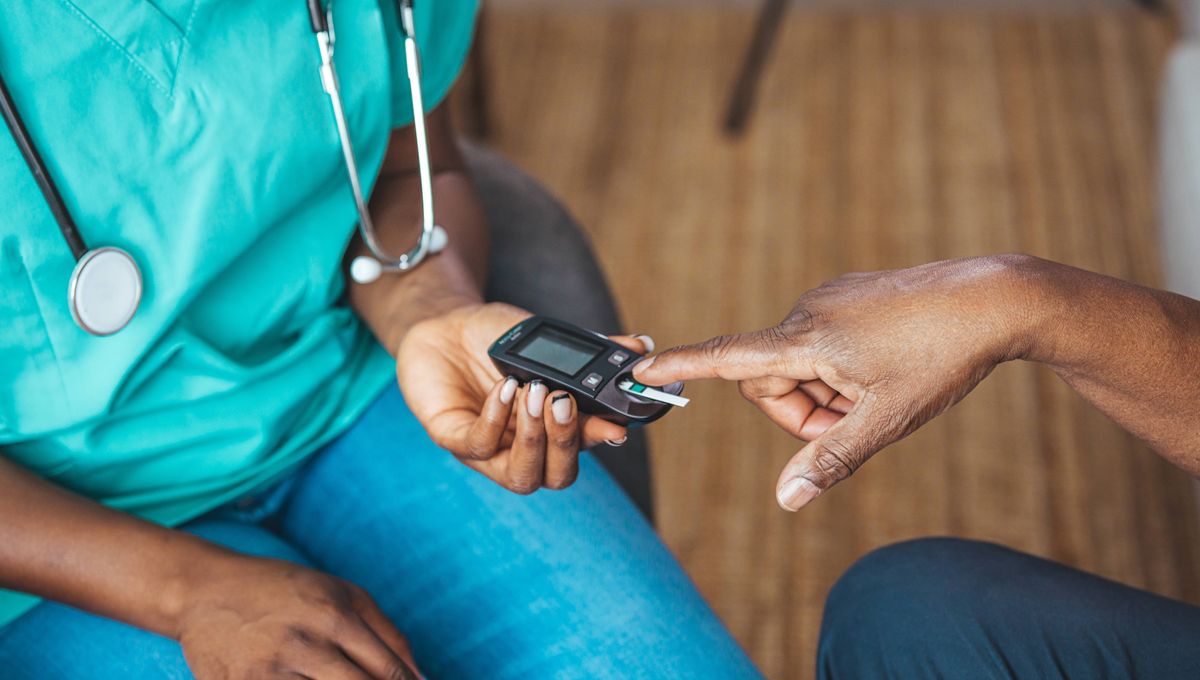
Scientists may have identified a new diabetes subtype in Sub-Saharan Africa and some Black American patient groups. The research shows that many children and young adults in Africa and some people in the US may have a form of Type 1 diabetes that is not caused by the immune system. The discovery could offer new approaches to diagnosing, treating, and managing the disease across the region.
Type 1 diabetes is a chronic condition that affects the body’s ability to make insulin. This hormone is crucial as it helps the body process glucose (sugar) for energy. Unlike Type 2 diabetes, which is often associated with factors like obesity, Type 1 diabetes is an autoimmune disorder that may have genetic roots (though this is debated). While Type 2 diabetes causes the pancreas to produce less insulin or the person to become resistant to it, in Type 1 diabetes, the pancreas can’t produce enough insulin because the immune system attacks islet cells that make the hormone.
However, the new research from an international team of scientists has identified a different type of diabetes that is not an autoimmune disease.
“This is the first study across several Sub-Saharan African countries to use the same lab tests and genetic tools to learn more about type 1 diabetes. We’ve done similar research in the US with different groups, but what’s exciting here is being able to compare results between Africa and the US,” Dana Dabelea, Distinguished Professor and Associate Dean of Research at the Colorado School of Public Health on the University of Colorado Anschutz Medical Campus, explained in a statement.
Dabelea and colleagues examined 894 participants with youth-onset diabetes from Cameroon, Uganda, and South Africa. They then compared findings from this population with results for US citizens examined in other studies.
“It’s a really unique and important opportunity to explore the heterogeneity of [Type 1 diabetes] across countries and racial groups living in vastly different environments,” Dabelea added.
Generally speaking, when someone has Type 1 diabetes, their blood contains a marker – called islet autoantibodies – that appear when insulin-producing beta cells in the pancreas are damaged. It is the presence of islet autoantibodies that help doctors distinguish Type 1 from Type 2 diabetes or monogenic diabetes (an uncommon form of diabetes).
However, the team found that many people (65 percent) in Sub-Saharan Africa diagnosed with Type 1 diabetes lacked these markers.
“This suggests that many young people in this region have a different form of T1D altogether that is not autoimmune in origin,” Dabelea said.
When the team compared these results with data from the US, they found a smaller but still significant proportion (15 percent) of Black participants with Type 1 diabetes had negative autoantibodies and had a low Type 1 genetic risk score.
At the same time, white Americans with Type 1 diabetes had the typical autoimmune pattern, even if they lacked detectable autoantibodies. Their genetics still indicated autoimmune diabetes.
“The identification of this [diabetes] subtype in Sub-Saharan African populations and among individuals of African ancestry in the US suggests a potential ancestral or genetic link,” Dabelea explained.
“These findings highlight the need to consider alternative etiologies in this group and a deeper understanding of the underlying mechanisms may provide important insights for future prevention and treatment strategies.”
The study is published in The Lancet Diabetes & Endocrinology.
Source Link: New “Different Form” Of Type 1 Diabetes Found In Sub-Saharan African And Black American Patients